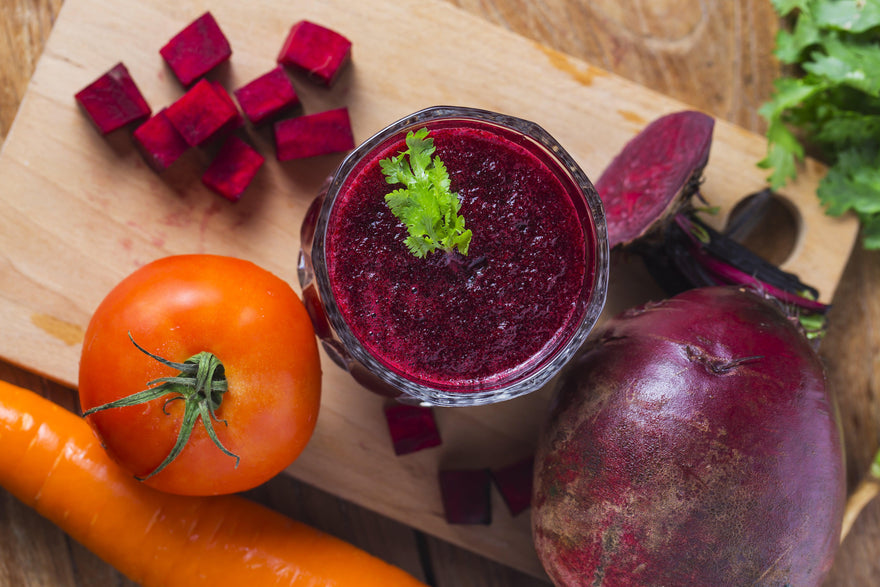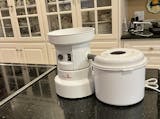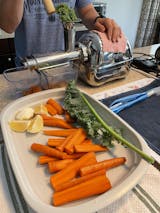I find it mills quickly and efficiently. If there was one thing I could change it would be the flimsy plastic lid to the flour canister and the spout that connects to the mill. I fear it won’t last long.
I'd never heard of this place, but it was the only place at the time taking orders for the mill I wanted so I placed and order and had an unexpected question which was answered by a real person during the weekend. The service didn't stop there. I ahd weekly updates letting me know I hadn't been forgotten, but also encouraging I reach out anytime. The directions were simple and clear which helped me make sure my order was placed correctly. Oh, and I love my new mill which arrived securely packaged! I would definitely order through you again!
It took about 5 weeks for it to ship but I got a weekly update email which was super helpful. Mill was perfect out of the box. I’ve made pancakes, cookies, bread with my fresh milled flour already. The flour was perfectly milled and the food is amazing!!!
I received my Mockmill 100 while on vacation so was unable to use it for a week! I am so happy with it. The wheat berries mill so fine for my cookies and bread. The mill was on backorder but I was notified by email weekly as to the statusso it went smoothly. I highly recommend this mill and I will definitely purchase from Extreme Wellness Supply again!
I am so happy with our new mill. It has become a staple in our breadmaking journey and has already seen a lot of use. The order process was super great even with the delay from the manufacturer. The great communication from Extreme Wellness Supply made the entire experience much better. I will order from them again.
It is very well built! Extremely sturdy and can manage just about anything! 10/10!!
I am loving how quiet and easy this mill is to use. Simple to take apart and clean. I have only used it for hard red wheat so far but have loved the variety of milled flour I can get. I am not a beginner but haven’t owned my own mill in 30 years.
I am completely satisfied with my Mockmill 100. It feels substantial, processes grain quickly, and is fairly quiet. I was very satisfied with the customer service I received from Extreme Wellness. I knew the mill was backordered when I put in my order. I was kept updated on the status weekly. They even answered a question I had over the weekend. I would definitely order from them again.
If you are looking for the best juicer you can get you no further this is those for you.


















